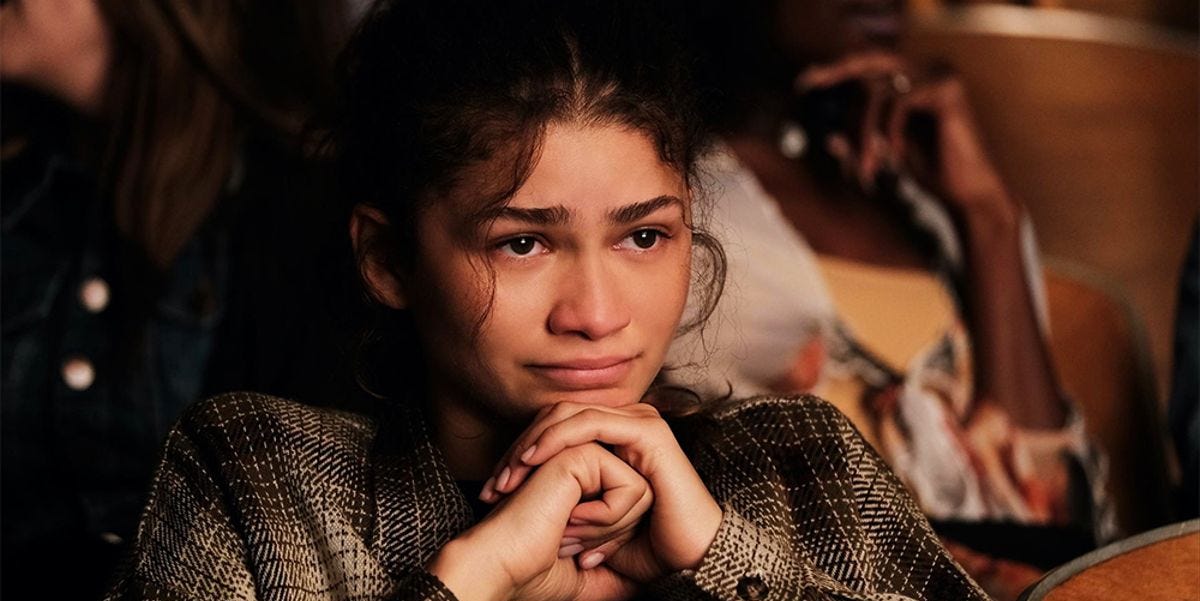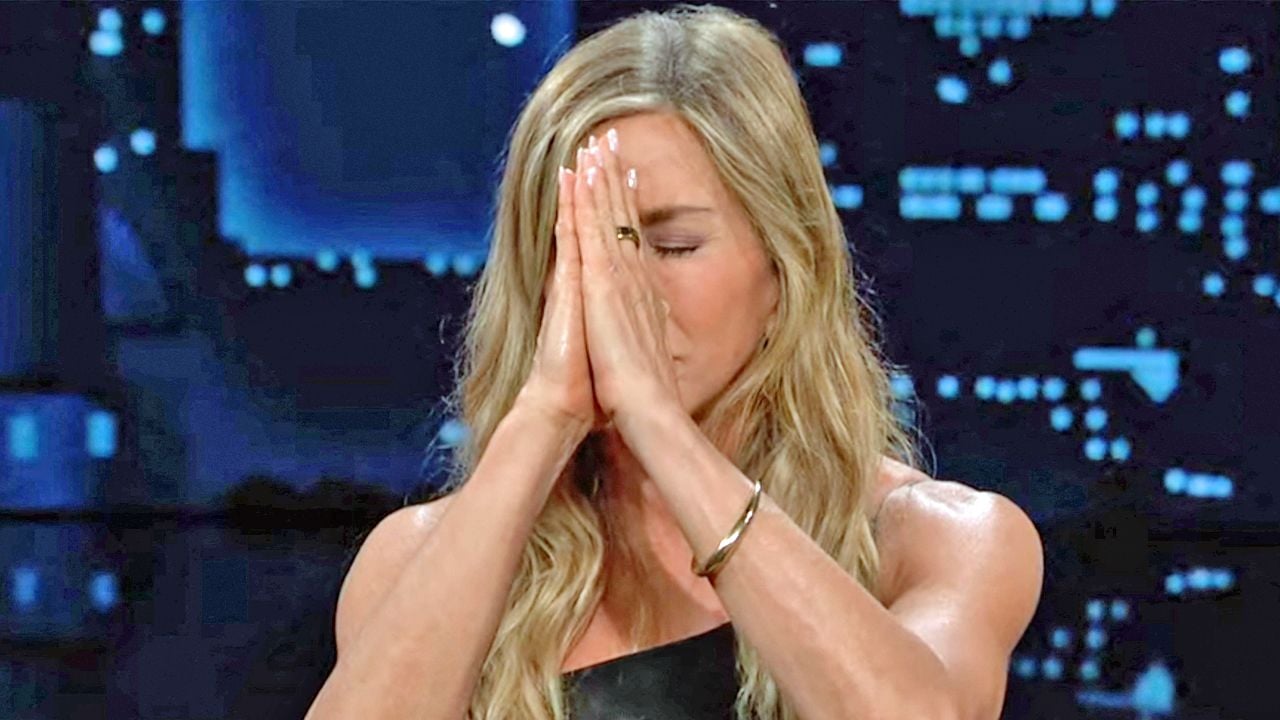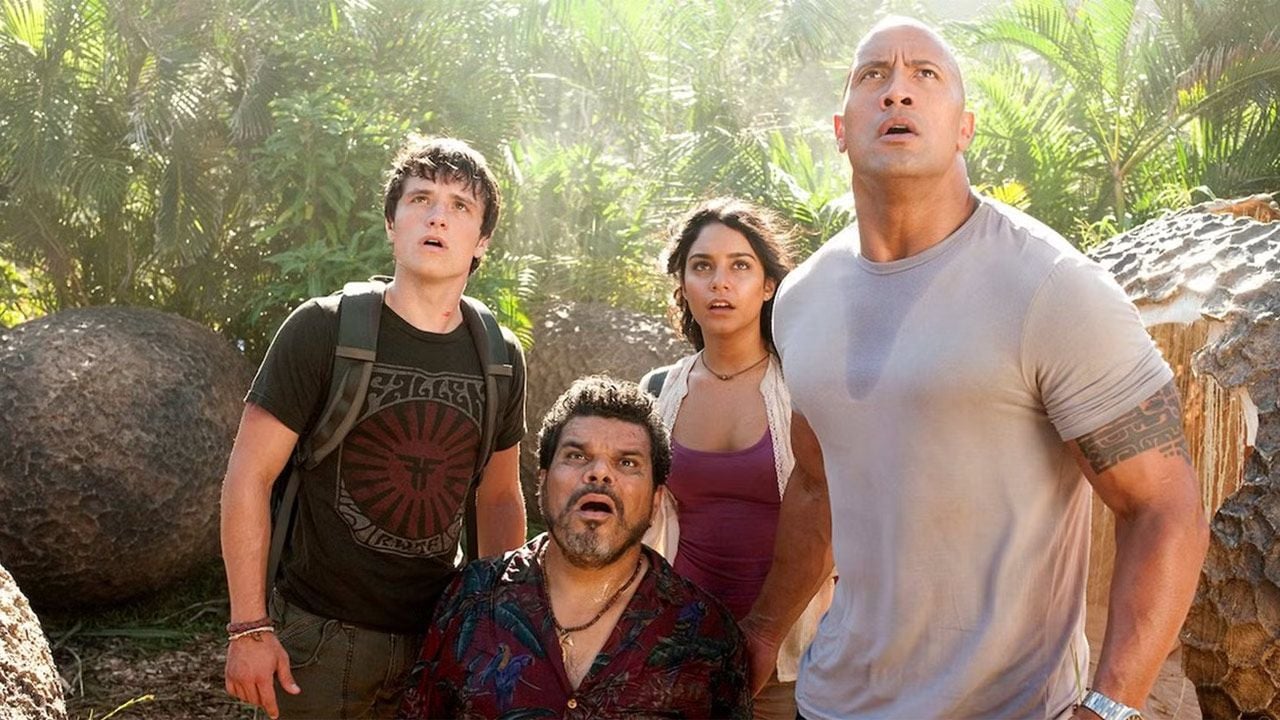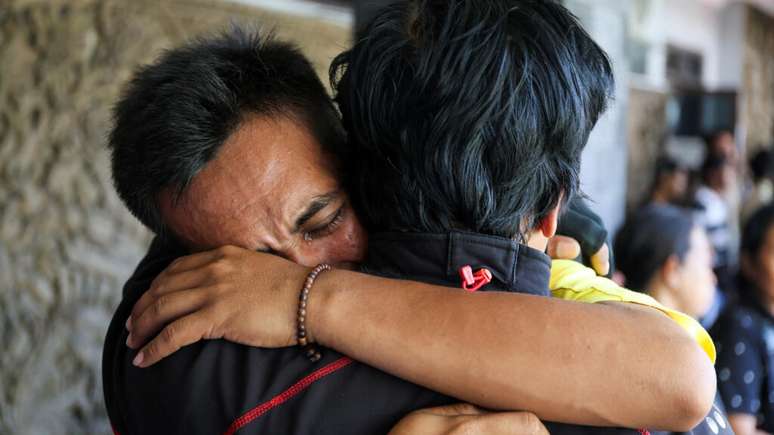The second season of the HBO series has ended up provoking passionate opinions, for better and for worse.
*This article contains spoilers for the second season finale of the HBO Max series.
It’s Official: ‘Euphoria’ Is A Pop Culture Phenomenon. What we have been intuiting throughout the second season (that everyone was watching it and talking about it) has been confirmed by objective data: with an average of 16.3 million viewers per episode, it is the best American audience for a season of an HBO series not counting ‘Game of Thrones’. It is also the most viewed title on the platform on European soil.
And, as a good phenomenon, it is inevitable that it provokes passionate opinions and a negationist current arises around it. “It’s not that good,” they say. “It’s an exercise in empty style.” “Their plots don’t make sense, the characters aren’t believable.” As well criticism has been mounting against its creator, Sam Levinson, from some of the most passionate fans. Some accuse him of objectifying his actresses, others disgrace him for having neglected Kat due to a rumored disagreement with actress Barbie Ferreira, some cannot stand his hyperbolic and provocative style and others simply do not agree with the decisions he has made writing some frames.
It is a curious phenomenon, since Levinson is the sole creator of the series: he has written and directed all eight episodes of the second season alone.. There are, and they are not few, who wish out loud that ‘Euphoria’ continues in its already confirmed third season but without him. As if they could make him disappear without this having consequences on the series. As if it were the same as continuing to watch ‘Buffy the Vampire Slayer’ today after the tarnishing of Joss Whedon’s image. Perhaps we can separate the work from its author when it is finished, but what is clear is that without an author there will be no work.
We like it better or worse, without Sam Levinson there is no ‘Euphoria’. After all, he, and only he, is the man who has found in the most extreme excess the most faithful and closest portrait to what adolescents feel today (I emphasize: what they feel, not what they live). From that first moment of the first episode in which a newborn Rue (Zendaya) sees the fall of the Twin Towers while nursing her mother’s tit and begins to feel the anxiety that will carry her for the rest of her life, this group of high school students addicted to drugs, alcohol, sex and drama have connected with a youth overexposed, overexcited and with a very uncertain future ahead.
Is ‘Euphoria’ perfect? It’s very far from being that. It is a creative explosion capable of generating the most powerful moments and also the most embarrassing (sometimes at the same time!) to which we cannot ask for realism. It is a constant attempt to provoke through the form (disrespectful, hypertrophied, coarse) or through the background (surprising, uncontrolled, incongruous) and it often forgets that its best asset is the pure melodrama of characters that it can mistreat or sideline. .
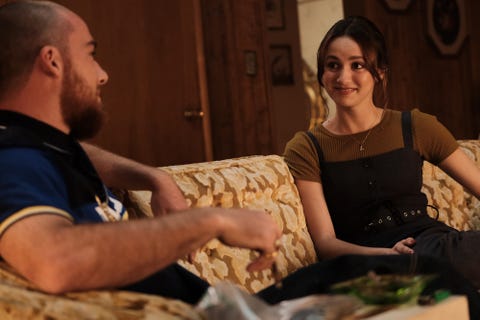
Sam Levinson is capable of the best and the worst. He can create a character as revolutionary as Kat, an overweight girl who in the first season made an exploration of her sexuality and her identity unheard of in fiction so far, and in the following season completely forget about her. she. Is it due to alleged fights with the actress or simply a total lack of structure that affects the entire series? ‘Euphoria’ not only forgets about Kat: it also forgets about following its own rules, such as Zendaya’s voiceover that has been disappearing for no apparent reason along with the prologues focused on various characters that for a season and a half were a hallmark of the series (until they suddenly stopped happening). In addition, other characters have also been relegated to the background, such as Jules, or have simply disappeared, such as Chris (more rumors: it is said that the actor Algee Smith would have refused to be vaccinated and the producers would have made the decision to do without him) .
The actors have spoken in several interviews of a very long shooting process, endless days full of last-minute changes to the scripts and unexpected improvisations (Apparently the one who was going to die at the end of the season was Fezco and not Ash, according to the little actor Javon Walton). That would explain why we’ve had to wait so long between the two seasons. It was said that it was a matter of COVID and the logistical problems of such a choral series, but let’s not fool ourselves: many other productions of larger proportions were carried out with less time after the end of the confinement.
It is clear that Sam Levinson’s weak point is the construction of a narrative structure that the further away we look, the weaker it is revealed. But this series is made for you to look at closely. The more inside her the better. In fact, all those mistakes may make it even more valuable: it is in all that narrative anarchy, and in its bravado need to stir up a stir, that ‘Euphoria’ comes closest to the state of life of those teenagers it photographs. In all of his unconsciousness, Sam Levinson finds honesty.
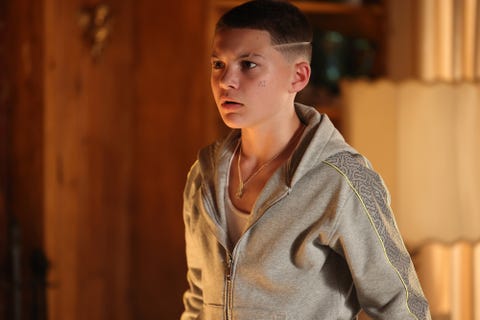
Because despite all the bad things we can say about her (and rightly so!), ‘Euphoria’ is a portentous testament to what it’s like to grow up in Gen Z. A generation abandoned to its fate as poor Ashtray, an orphan who has grown up among criminals and drug addicts. Consumed by inherited guilt, like that demonic Nate who can’t escape the darkness of his father’s sins. Hooked on drugs that sprout from prescriptions and bathrooms, like the pills Rue takes. A generation of posh and pretty girls sexualized from childhood who soothe their wounds with cold cans of Coca-Cola. For Sam Levinson, growing up today is a tragedy. And more so in the case of the savage United States, in which young people are surrounded by weapons and forgotten by agencies incapable of helping the poor, the homeless, the abandoned. Teenagers no longer dream of conquering skyscrapers and becoming rich because they know that it was all a big lie: now they want to go live in Little House on the Prairie.
We will always have fiction, says Levinson. And he says it through Lexi, the great revelation of this second season (and absolutely ignored in the first, if we remember correctly). With her play (a Broadway blockbuster, because in Levinson’s universe everything is done in a big way), Lexi proposes to her friends a path towards healing wounds. Only Rue thanks him; in the emotional process of detoxification and her reunion with herself, Lexi’s work acts as a catalyst for trauma and mourning. But ‘Our Story’ also has a healing effect on Cassie and Maddy, who, thanks to the play, let their tensions explode and end up together again in the place where they have shared the most time: the high school bathroom. Their relationship may never be the same, but Lexi’s work reminds them of the strength of the friendship they might be losing.
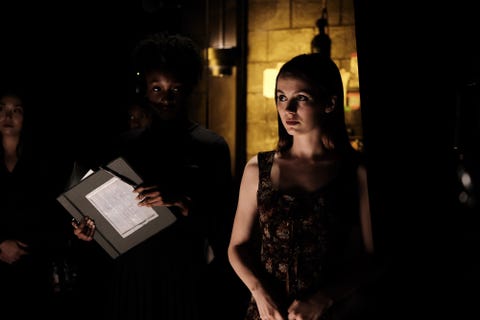
Lexi is also a kind of alter ego of the writer himself, who, like her, has come to be deified by some fans of the series. “Lexi is a genius”, they say about her. Her work also provokes strong reactions and revolutionizes the stalls. When the young woman played by Maude Apatow breaks down and begins to cry after being attacked by her own sister on stage, the manager comforts her: “It could be worse. It could be boring.” There is the whole philosophy of Sam Levinson, summed up in six words.
Source: Fotogramas
Camila Luna is a writer at Gossipify, where she covers the latest movies and television series. With a passion for all things entertainment, Camila brings her unique perspective to her writing and offers readers an inside look at the industry. Camila is a graduate from the University of California, Los Angeles (UCLA) with a degree in English and is also a avid movie watcher.

